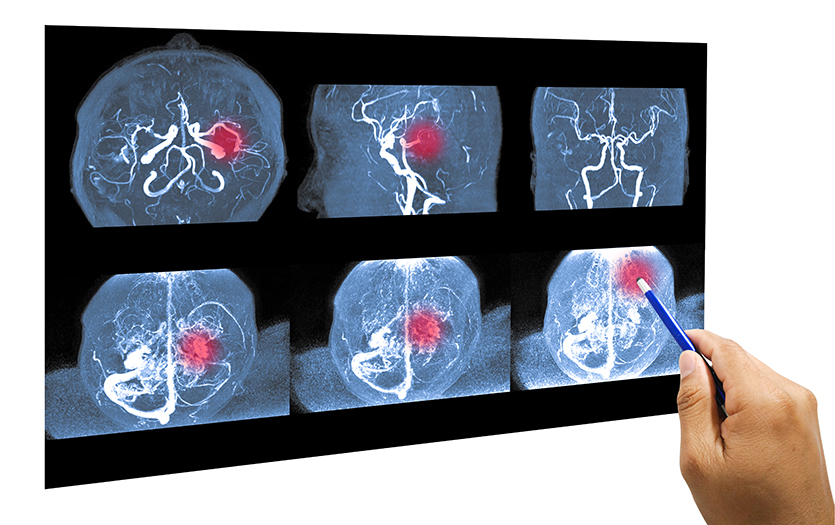
This post was written by Jim Ingram, MD, Associate Chief Medical Officer, Parkview DeKalb Hospital, PPG – Primary Care.
As a family physician, I often talk to my patients about the importance of healthy eating habits. But it wasn't until I personally experienced the benefits of a low-carbohydrate diet that I truly became convinced of its power to improve health.

Before making this dietary shift, I suffered from several inflammatory conditions. I had frozen shoulders, achy joints and multiple inflamed tendons that made it difficult to sleep, dress and work. I also struggled with excess weight and had trouble controlling my blood pressure, even with medication.
A new strategy
I had tried a low fat, calorie counting approach, but it wasn’t successful for me, so I decided to try a low-carb diet. Generally speaking, a low-carb diet entails limiting your daily carbohydrate intake by minimizing the consumption of grains, legumes, sugar, pasta and other starchy and refined foods, while focusing on healthy meats, dairy products, and non-starchy vegetables and fruits. Those who follow this dietary plan also have to be mindful of saturated fat and overly processed low-carb offerings.
At first, it was difficult for me to give up some of my favorite carbohydrate-rich foods, like mochas, bread, cookies and pasta, but I quickly learned the benefits were worth the sacrifices.
The results were almost immediate. Within a few weeks, I lost significant weight, and my joint and tendon pain went away. I also noticed that my energy levels and mood were more stable, and my blood pressure improved.
As time passed, I continued to lose weight without feeling hungry or deprived. I was eating delicious, nutrient-dense foods like beef, chicken, low-carbohydrate fruits and non-starchy vegetables. Unlike other diets I had tried in the past, I didn't feel like I was missing out on anything.
Savoring and sharing success
Now, several years later, I continue to follow a low-carbohydrate diet and recommend it to my patients who are struggling with inflammatory conditions, excess weight or blood sugar control. I have even learned that many people can reverse their type 2 diabetes and reduce their medications.

While it may not be the right choice for everyone, it has certainly made a significant impact on my own health and well-being, and has given me great joy as a vehicle to help others do the same.
If you're wondering if a low-carb diet might help you on your journey to better health and would like the support of a physician who can help guide you, please call 260- 927-1982 to set up an appointment and learn if this dietary approach is right for you.



